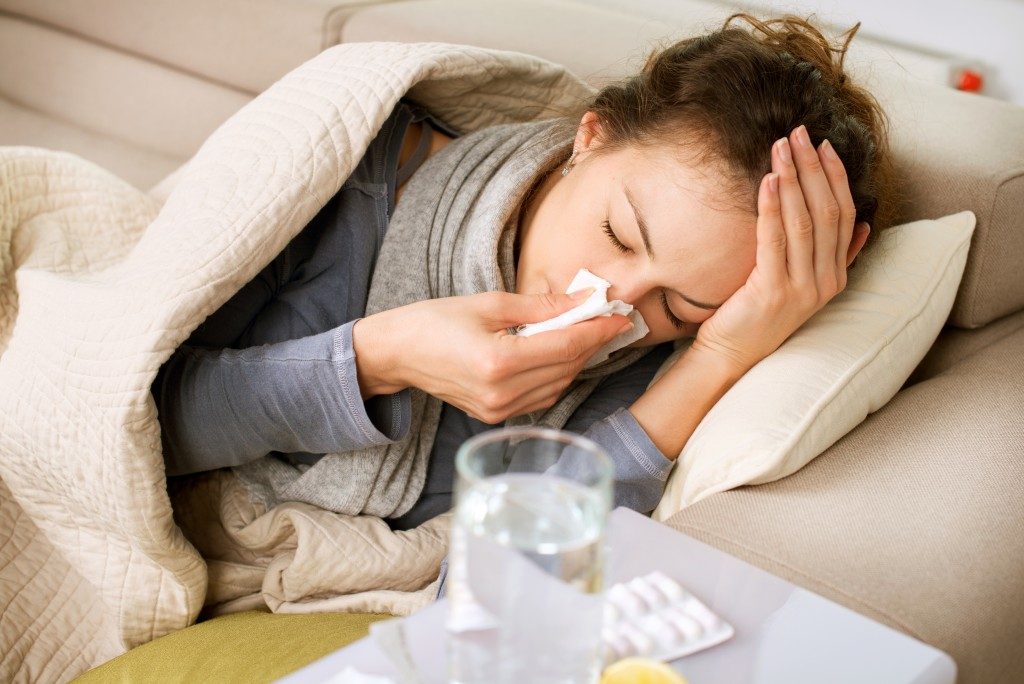Allergies occur when your body reacts to a particular substance or food. While not as threatening as other health conditions, they are still a hindrance to everyday living. Allergies are very common, affecting one out of every four people in the UK. Around the world, allergies are common in children and may go away as they age. Adults, too, can develop allergies later on in their lives.
The following are allergic reactions that may happen after exposure to certain allergens:
- Rashes
- Persistent sneezing
- Coughing
- Blocked or runny nose
- Teary or watery eyes
- Asthma attacks
Exposure to the following allergens can trigger reactions:
- Foods such as nuts, fruits, eggs, and milk
- Dust mites
- Latex materials
- Medications such as ibuprofen and antibiotics
- Tree pollen and grass
- Animal hair or skin
- Insect bites or stings
You may be affected by one or more of these allergens. It is best to consult a physician to determine the causes and provide appropriate treatment to your allergies.
Management
The best way to avoid these reactions is to avoid contact with the allergens if possible. A food allergy means having to check an ingredient list and a plant allergy may need certain medications. Certain creams and lotions, antihistamines, and decongestants can be used to treat or ease allergic reactions. Extreme allergy cases may be treated with immunotherapy, which means exposure to the allergen for your body to get used to it.
Trends in the UK
In more recent times, people spend more time indoors than outdoors, averaging about 90%. But, did you know that there are around 9,000 deaths per year due to poor air and ventilation quality indoors? Because of this, indoor air quality should be properly monitored. This is especially important for children and individuals sensitive to air allergies and dust.
Poor ventilation indoors may cause a rise in humidity and become a breeding ground for dust mites and moulds, which, in turn, leads to allergies for people with asthma and breathing issues. Aside from dust mites, pets may also be a cause for allergies, especially animals with fur.
Indoor Health
Minimising the impact of dust mites on asthma means having to regularly take preventive measures and avoiding triggers in the environment. Looking at your home structure may also help manage the spread of dust.
If you are building a new home, ensuring that proper dry lining sanding tools are used decreases the spread of dust during the construction. Placing windows can also help promote a healthier indoor ventilation.
Regarding pet allergies, be sure that your reactions are caused by the animal and not other allergens. If this is the case, you may have to give up the pet if you cannot handle the allergic reactions. If not, be sure to clean the house and the objects the pet comes in contact with, bathe your pet regularly, remove carpets, and observe proper indoor ventilation.
Allergens may come from the office or outdoors, but they can be prevalent in your own home, too. Protecting yourself and the people in it from allergic reactions caused by poor ventilation should make for a healthier home life.


